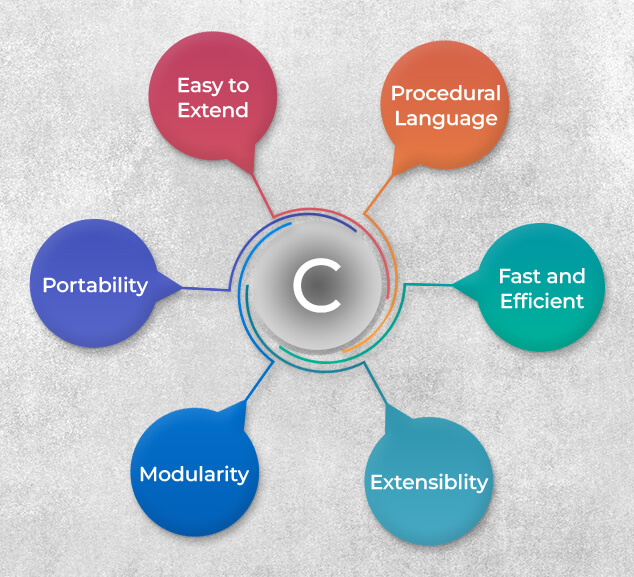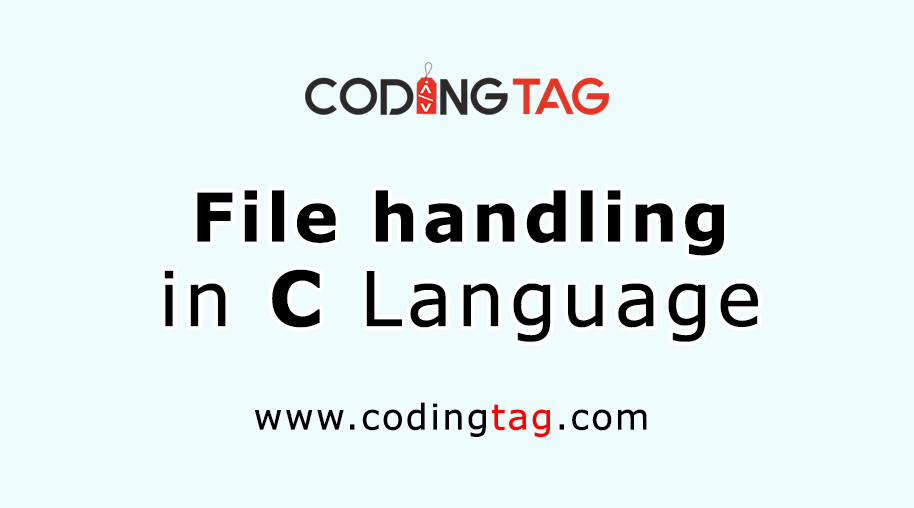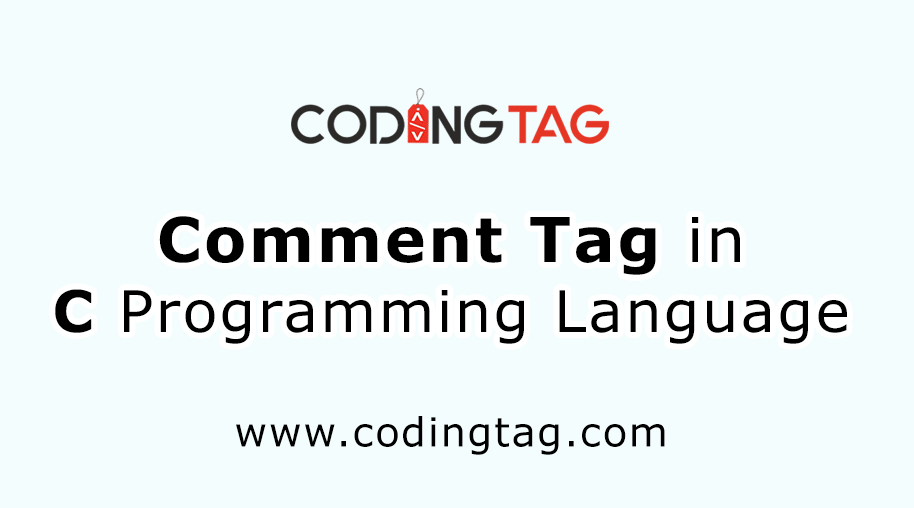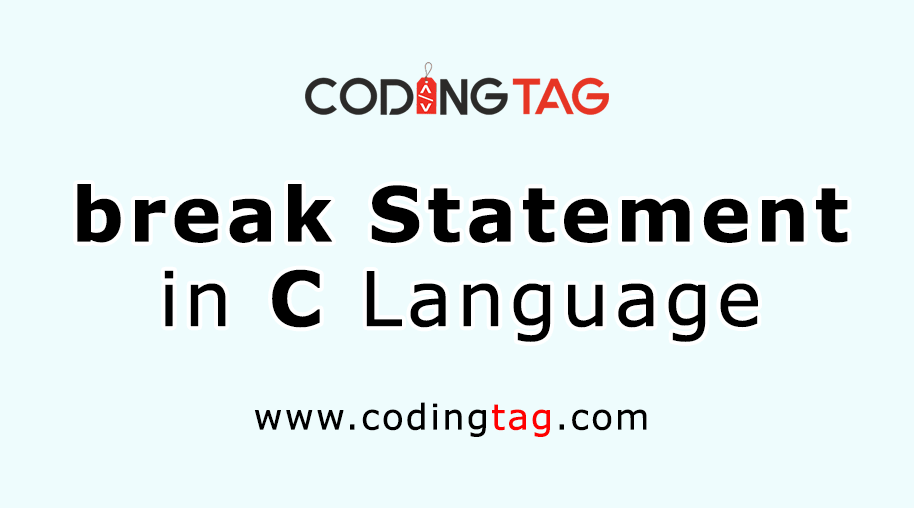Features of C Language
0 942
C language is a general-purpose programming language.
It is a simple, fast, and efficient language.
C program is platform-independent which means that you can run the number of codes created in C on various machines by making some changes to it.
C comes with characteristics like flexibility, scalability, and modular design.
C has a rich set of built-in operators. It is a middle-level language.
Main Features of C Language

Portability
C programs can work on different computers without much change, making them versatile across various machines.
When UNIX was developed it was developed without portability to make it portable C was developed.
Portable means it should work on all machines.
A single code can be used across various systems, adaptable to specific needs as necessary.
Extensibility
The quality allows you to add different functions and operations to an existing C program.
Someone can add new features to the code without editing any existing code.
An easy way to understand extensibility is by comparing it with a factory.
A factory is the raw material to produce finished products.
An extensible system takes raw data to produce results.
The factory never grows no matter what.
How many products it produces the building will remain of same size.
An extensible system processes input data to generate outcomes.
It means you can add new features or make changes without causing problems in the parts of the program that are already working well.
Modularity
It is a technique in which a software system is divided into different modules.
Modular programming involves breaking down a computer program into smaller, independent parts.
A module is a separate software component.
Pointer
A pointer is a variable that accesses the memory location (address) of another variable.
They are important in C because they allow us to manipulate the data in the computer's memory.
This can make the program easier to understand.
Pointer in C Language is one of the things that make C stands different from other programming languages.
Libraries
libraries in c are collections of pre-written code that provide ready-made tools and functions to perform common tasks.
They save time and effort by allowing programmers to use existing solutions rather than reinventing the wheel for every task.
Libraries help in organizing code by grouping related functions and tools together.
Standard libraries in C <stdio.h> and <stdlib.h> provide a set of tools and functions that programmers can use in their programs.
It is a ready-made tool that organizes the program.
Key benefits
1 Distinct functionality
2 Encapsulation
3 Dependencies

Share:







Comments
Waiting for your comments